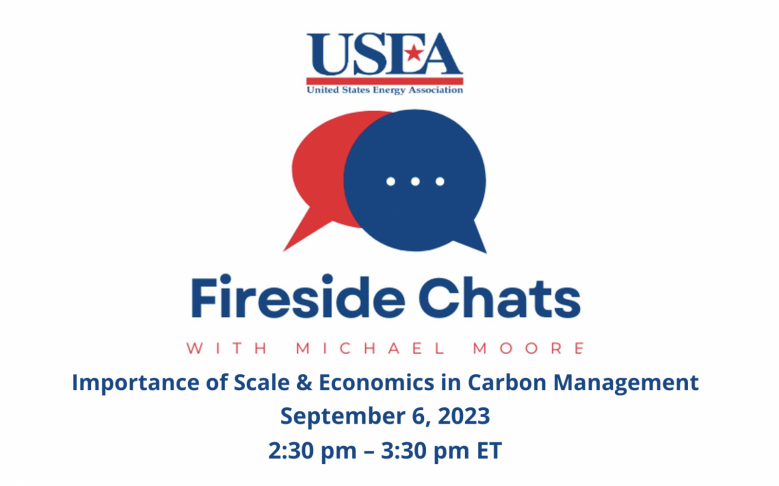
Renewable energy sources like wind and solar farms, and EVs have made remarkable progress in recent years. Most credible bottoms-up analyses however, including the IPCC 2023 Synthesis Report and IEA Annual Energy Outlook, agree that in the median case, global carbon emissions are actually expected to grow slightly in the ten-year time frame (2035) from the current 37Gt per year, with the largest share and growth in gross GHG emissions occurring in CO2 from fossil fuels combustion and industrial processes. The projected consumption and production of fossil fuel, as measured by millions of barrels of oil equivalent per year, is also largely unchanged.
Working across traditional disciplines on commercial-scale carbon management, which includes multi million tonne point capture projects and the associated infrastructure, regulatory and economic systems, remains one of the most pressing issues of our time, and are essential for a more optimistic narrative to materialize.
Against this backdrop, we find that emitters who are acting taking a holistic view of the situation – focusing on the efficiency and energy penalty of carbon capture, de-risking of CO2 transportation and sequestration and regulatory changes, and possible feedback effects on plant operation, are able to chalk out a realistic roadmap for the transition.
The most promising projects are achieving economic viability through capex opex efficient architectures and technology choices, selecting the optimal regulatory frameworks to tap into (45Q. 45V and capital assistance) and effectively developing marketing and channel strategies to capture price premia for low carbon products to maximize their return on investment.
With substantial knowhow gathered from projects with clients in the industrial and power sectors, Dastur brings a technically rigorous, vendor agnostic, client ROI focused perspective to this conversation.
